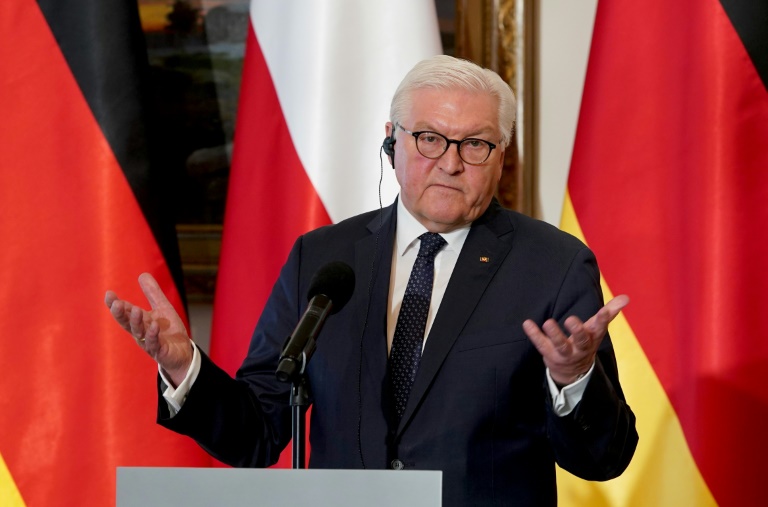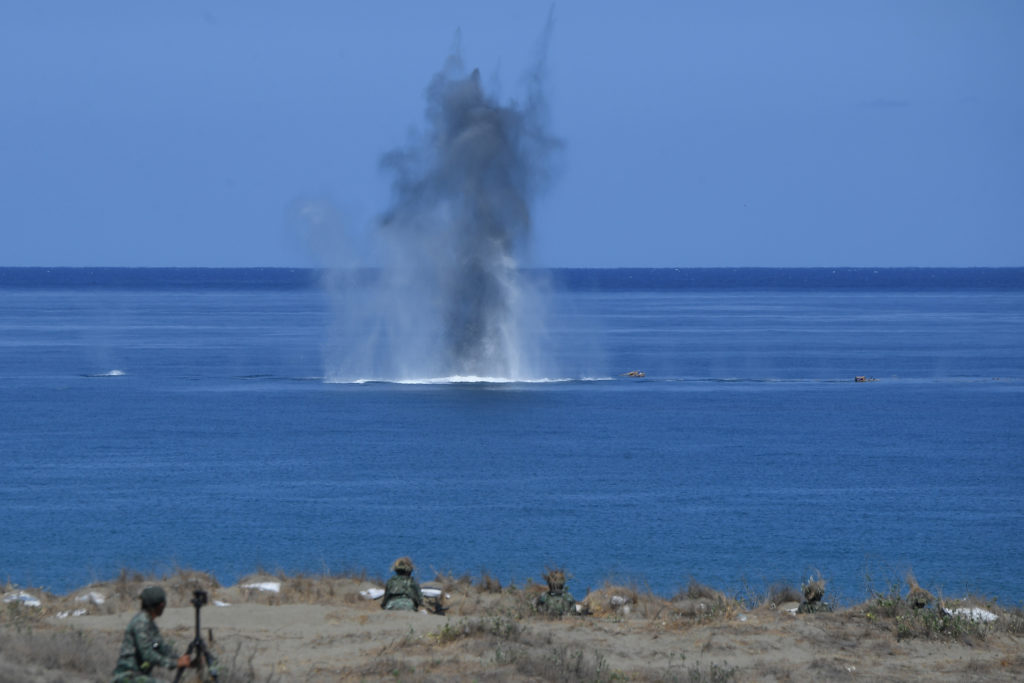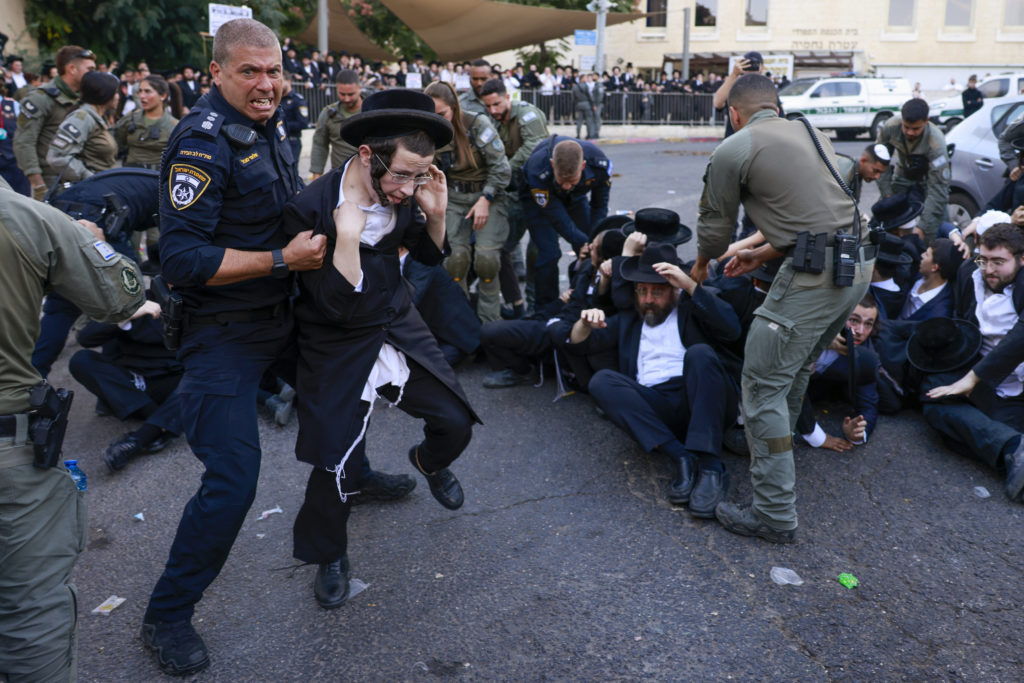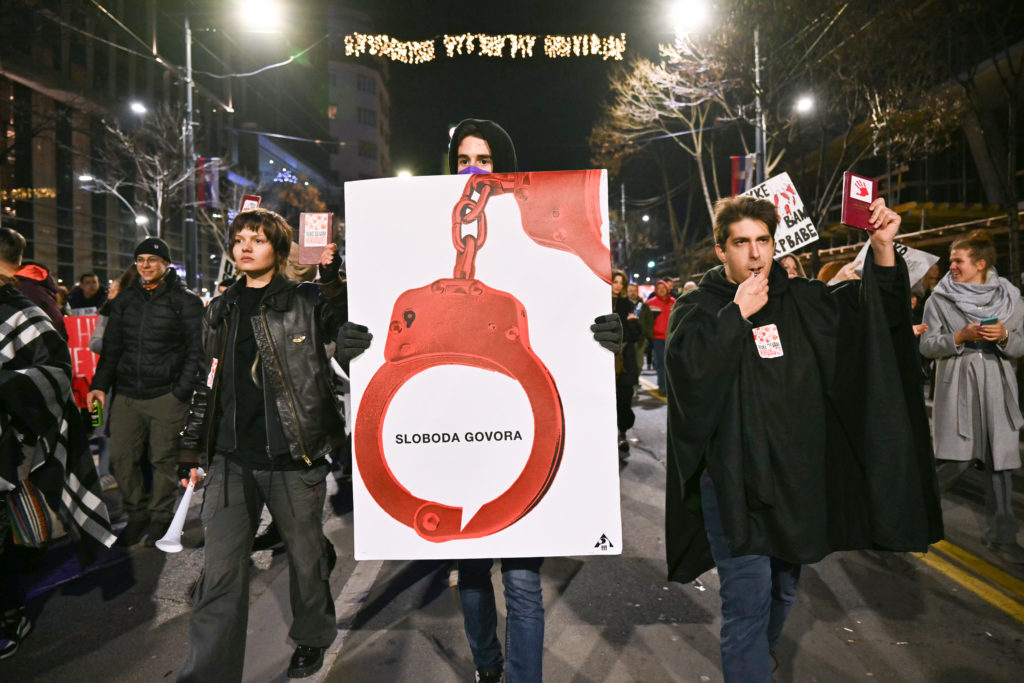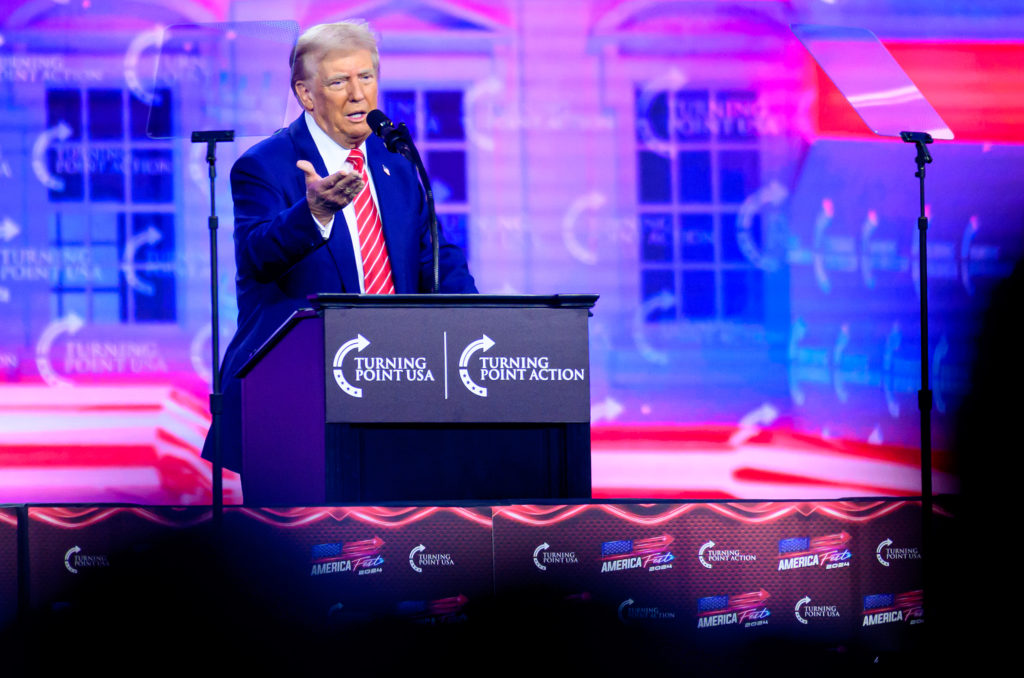Pressure was mounting on Germany to up its game over the war in Ukraine on Tuesday as Kyiv snubbed the country’s president and Chancellor Olaf Scholz was accused of a weak response to the crisis.
On a visit to Poland, President Frank-Walter Steinmeier admitted he had offered to visit Ukraine with other EU leaders, but Kyiv had told him he was not welcome right now.
“I was prepared to do this, but apparently, and I must take note of this, this was not wanted in Kyiv,” Steinmeier told reporters.
Steinmeier, a former foreign minister, has faced growing criticism since Russia invaded Ukraine in February for his years-long detente policy towards Moscow.
Scholz, meanwhile, was being panned for his own failure to visit Kyiv, as well as his hesitancy over providing heavy weapons to help Ukraine resist Russia’s invasion.
In the first trip by a high-level German government delegation since the start of the conflict, three top politicians were due to travel to Ukraine on Tuesday, a source told AFP.
Marie-Agnes Strack-Zimmermann of the liberal FDP, Michael Roth of Scholz’s Social Democrats and Anton Hofreiter of the Greens were meeting members of the Ukrainian parliament in the west of the country, the source said, confirming a report in Der Spiegel magazine.
But following visits by several other leaders in recent days, including British Prime Minister Boris Johnson and EU chief Ursula von der Leyen, critics have asked why Scholz himself is not making the trip.
– ‘Strong signal’ –
While Johnson was “walking side by side with Ukrainian President Volodymyr Zelensky in Kyiv” on Saturday, “Scholz was waving at an election campaign rally in Luebeck” ahead of an upcoming regional vote, the Bild daily noted.
Ukraine’s ambassador to Germany, Andriy Melnyk, has said a Scholz trip to Kyiv would send a “strong signal”, while the opposition CDU has urged him to “get an idea of the situation on the ground”.
Even Strack-Zimmermann, a member of Scholz’s ruling coalition, suggested in an interview with the business daily Handelsblatt on Monday that he should “start using his powers of direction and leadership”.
In office as chancellor since December, Scholz has often been mocked for his taciturn demeanour and was once dubbed “Scholzomat” for his boring, robotic speeches.
The chancellor has also come under fire for so far refusing to send heavy weapons to Ukraine, despite his dramatic U-turn on Germany’s defence policy prompted by Russia’s invasion.
Germany had been reluctant for historical reasons to send weapons to Ukraine, but it has now sent anti-tank weapons, missile launchers and surface-to-air missiles in response to the conflict.
However, critics want Scholz to go further.
The three politicians visiting Ukraine on Tuesday are all in favour of delivering heavy weapons to Ukraine.
– ‘Insecure government’ –
Foreign Minister Annalena Baerbock, from the Green party, also voiced support for such a move on the sidelines of an EU foreign ministers’ meeting in Luxembourg on Monday.
This prompted a claim from the NTV broadcaster that Baerbock was “showing the chancellor how it’s done” and has surpassed Scholz to become “the one who sets the pace in an insecure government”.
Germany has almost exhausted its ability to supply Ukraine with weapons from its army reserves, but is working on direct deliveries from the arms industry, Defence Minister Christine Lambrecht said at the weekend.
Ukraine has received offers of tanks from Rheinmetall as well as other companies including the Krauss-Maffei Wegmann (KMW) arms group, according to media reports.
However, some of the tanks could reportedly take many months to refurbish, while critics have also pointed out that Ukrainian soldiers would have to be trained to use them.
“It’s not just a matter of getting in the vehicle and driving off, unless you want to expose yourself to the risk of being attacked immediately,” Strack-Zimmermann said in an interview with Der Spiegel.
Instead, Strack-Zimmermann suggested sending tanks to Ukraine from Eastern European countries that would be easier for Ukrainian soldiers to use immediately.

